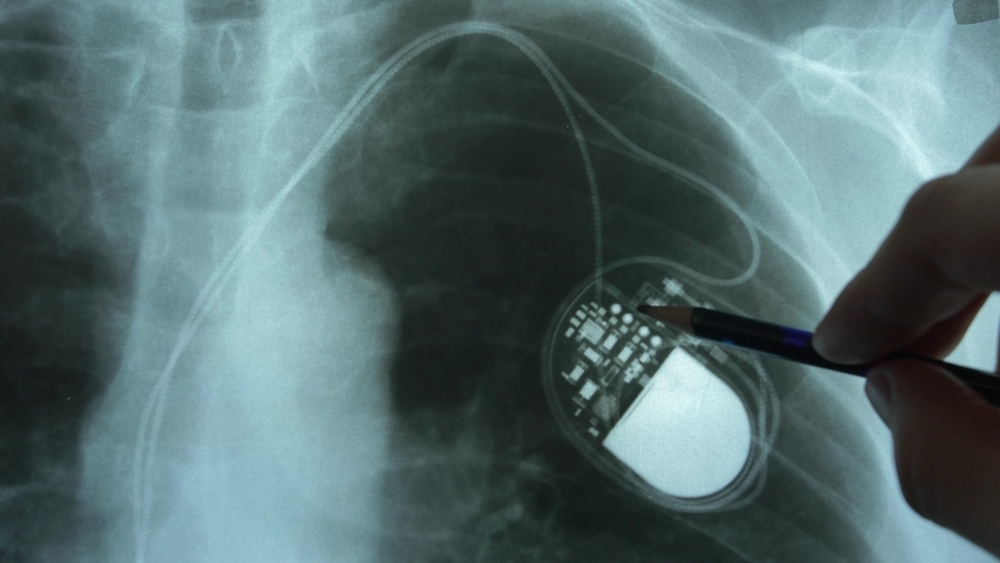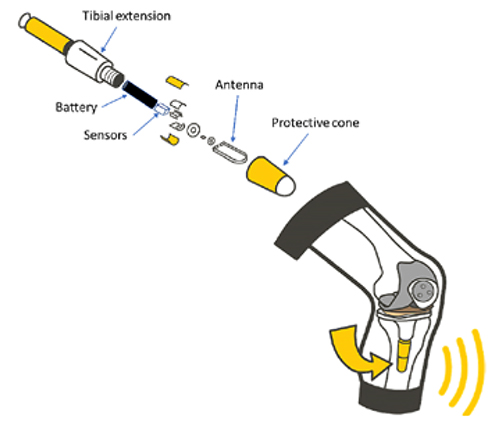
Editor's Note A new brain implant could one day restore voices to those who can no longer speak, the Associated Press (AP) reported March 31. As detailed in the article, researchers have successfully tested the experimental brain-computer interface (BCI) on a 47-year-old woman with quadriplegia who lost the ability to…

What happens when a surgeon uses the monopolar instrument set on 30-W coagulation mode to create an upper midline incision in a patient with a pacemaker? Pacemaker function is interrupted, causing a heart block that results in hemodynamic instability—or at least, this is what could happen without taking the necessary…

Editor's Note Researchers at UC Davis have developed a brain-computer interface (BCI) implant that has successfully restored speech in a patient with amyotrophic lateral sclerosis (ALS), whose ability to speak had deteriorated, Fierce Biotech reported August 15. The breakthrough was achieved using neural sensors from Blackrock Neurotech and AI-driven text-to-speech…

Takeaways Transmitting health metrics directly from a surgical implant reduces the need for in-person followup and offers more objective data on recovery than patient-reported measures. This technology’s potential extends beyond knees. Whatever the nature of the treatment, postop monitoring is critical. Patient education is essential for setting up the data…
Editor's Note In a first of its kind surgical procedure, doctors have installed artificial intelligence (AI) implants in the brain of a 46-year-old man who was paralyzed from a fall on the ice, CNN September 27 reports. The AI implant formed a "digital bridge"–an idea pioneered by the French neuroscientist…